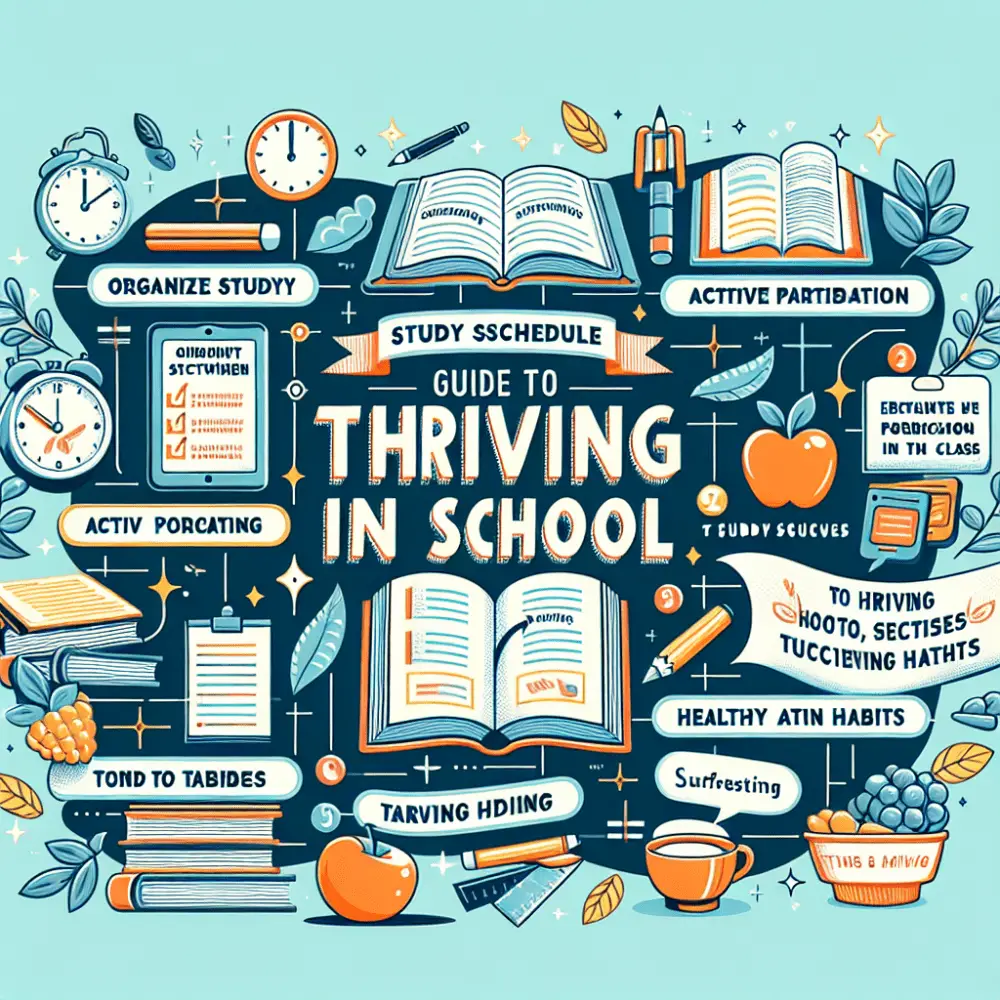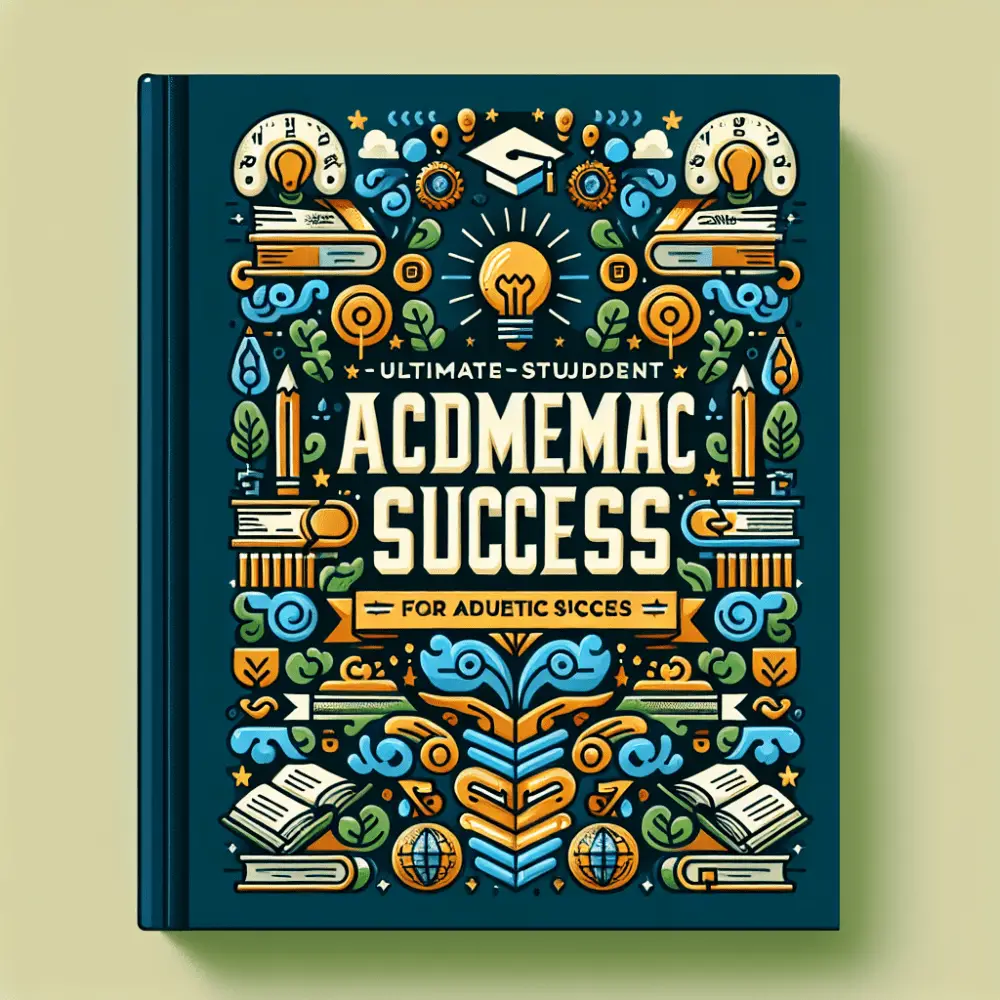
Student success is a goal that many strive to achieve, but it can sometimes feel elusive in the fast-paced world of education. With deadlines, exams, and extracurricular activities vying for their attention, students may find themselves overwhelmed and unsure of how to excel academically. However, with the right strategies and mindset, students can not only survive but thrive in school.
In this comprehensive guide, essential tips for student success will be explored to help students navigate the challenges of school life. From effective time management to study techniques and self-care practices, this article aims to provide practical advice that will empower students to reach their full potential. By implementing these tips, students can develop the skills and habits necessary for academic success and personal growth.
1. Effective Time Management
Prioritize Tasks
Creating a to-do list and prioritizing tasks based on their importance and deadlines can help students stay organized and focused. By tackling high-priority tasks first, students can ensure that they meet important deadlines and reduce last-minute stress.
Use a Planner
Using a planner or digital calendar to schedule study sessions, classes, and extracurricular activities can help students manage their time more effectively. Planning ahead allows students to allocate sufficient time for each activity and avoid overcommitting.
Break Down Tasks
Breaking down larger assignments into smaller, manageable tasks can make them less daunting. This approach allows students to make steady progress and maintain motivation by achieving small milestones.
2. Study Techniques
Active Learning
Engaging in active learning techniques, such as summarizing information in your own words, teaching concepts to others, or creating mind maps, can enhance understanding and retention. Active learning encourages deeper processing of material, making it easier to recall during exams.
Create a Study Schedule
Establishing a regular study schedule can help students stay consistent with their study habits. Allocating specific times for studying each day ensures that students dedicate enough time to review and comprehend the material.
Find a Suitable Study Environment
Identifying a quiet and comfortable study environment free from distractions is crucial for effective studying. A dedicated study space can help students focus better and create a productive atmosphere.
3. Self-Care Practices
Get Enough Sleep
Adequate sleep is essential for cognitive function and overall well-being. Students should aim for 7-9 hours of sleep each night to ensure they are well-rested and able to perform at their best academically.
Eat a Balanced Diet
Eating a nutritious diet can improve concentration and energy levels. Students should incorporate a variety of fruits, vegetables, whole grains, and proteins into their meals to support their physical and mental health.
Exercise Regularly
Regular physical activity can reduce stress, improve mood, and boost cognitive function. Students should aim for at least 30 minutes of exercise most days of the week, whether it’s through sports, walking, or other activities they enjoy.
Practice Mindfulness and Relaxation
Incorporating mindfulness practices, such as meditation or deep breathing exercises, can help students manage stress and improve focus. Taking breaks to relax and unwind is essential for maintaining mental health and preventing burnout.
4. Seek Support
Build a Support Network
Having a strong support network of friends, family, and mentors can provide encouragement and guidance. Students should not hesitate to reach out for help or advice when needed.
Utilize School Resources
Many schools offer resources such as tutoring services, academic advising, and counseling. Students should take advantage of these resources to enhance their learning experience and address any challenges they encounter.
Join Study Groups
Participating in study groups can provide a collaborative learning experience and offer different perspectives on the material. Study groups can also motivate students to stay accountable and engaged.
Conclusion
Achieving student success requires a combination of effective strategies and a positive mindset. By implementing the tips outlined in this guide, students can navigate the challenges of school life with confidence and ease. Prioritizing tasks, engaging in active learning, practicing self-care, and seeking support are all crucial components of a successful academic journey. With dedication and the right approach, students can not only survive but thrive in their educational pursuits.

















